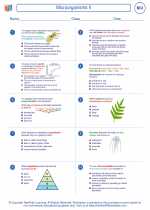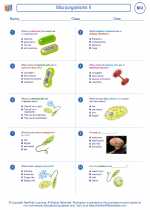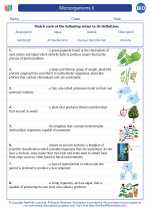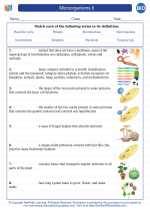Tendons: Explanation
Tendons are strong, flexible bands of fibrous tissue that connect muscles to bones. They are made up of dense regular connective tissue, primarily composed of collagen fibers. Tendons play a crucial role in the musculoskeletal system by transmitting the force generated by muscle contraction to the bones, resulting in movement.
Structure of Tendons
Tendons have a hierarchical structure, consisting of collagen fibers arranged in parallel bundles. The collagen fibers provide tensile strength and flexibility to the tendons, allowing them to withstand the forces exerted during muscle contraction and movement.
Function of Tendons
The primary function of tendons is to transmit the mechanical force generated by the muscles to the bones, enabling movement and locomotion. Tendons also act as shock absorbers, helping to reduce the impact of muscle contractions on the bones and joints.
Common Injuries and Disorders
Tendons are susceptible to various injuries and disorders, including tendonitis (inflammation of a tendon), tendon rupture (complete or partial tear of a tendon), and tendinosis (degenerative changes in the tendon). These conditions can result from overuse, trauma, or age-related degeneration.
Study Guide: Tendons
Key Concepts
- Structure of tendons
- Function of tendons
- Common injuries and disorders
Study Tips
- Visualize the hierarchical structure of tendons and the arrangement of collagen fibers.
- Understand the role of tendons in transmitting muscle force and facilitating movement.
- Learn about specific tendon injuries and the factors that contribute to their development.
Practice Questions
- What is the primary function of tendons in the musculoskeletal system?
- Describe the structure of tendons and the role of collagen fibers.
- Explain how overuse and trauma can lead to tendon injuries.
◂Biology Worksheets and Study Guides High School. Microorganisms II

 Worksheet/Answer key
Worksheet/Answer key
 Worksheet/Answer key
Worksheet/Answer key
 Vocabulary/Answer key
Vocabulary/Answer key
 Vocabulary/Answer key
Vocabulary/Answer key
 Vocabulary/Answer key
Vocabulary/Answer key
 Vocabulary/Answer key
Vocabulary/Answer key
 Vocabulary/Answer key
Vocabulary/Answer key
